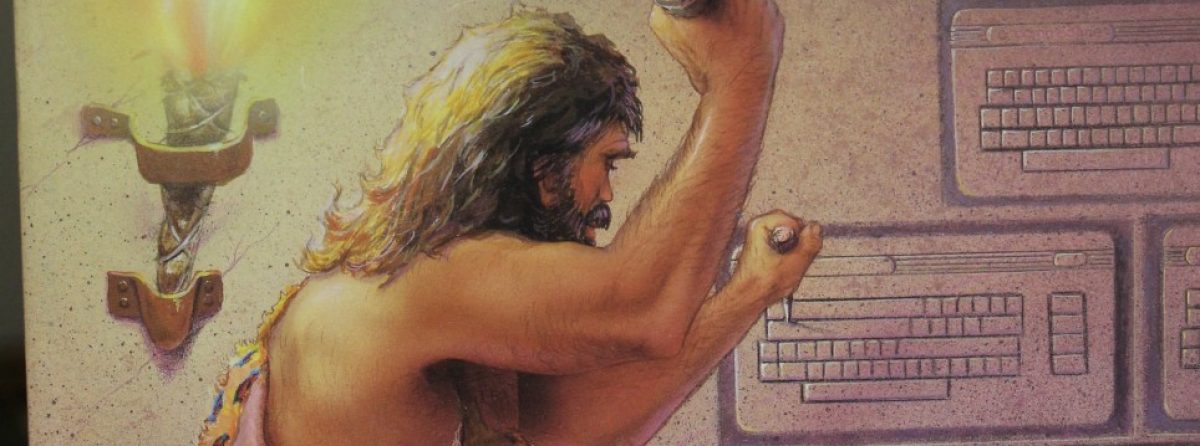After today’s class, write a summary of your reading and our lecture of at least 250 words. Copy-and-paste your summary into a comment made to this blog post. Consider the connections between Ong (writing is a technology that restructures the mind), Haraway (information networks of which we are a part makes us cyborgs), Mazlish (humanity is continuous with technology), and Hayles (information is embodied).
For next week, we are beginning with Marshall McLuhan–an important reading for many of your research projects.
Also for discussion:



